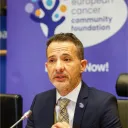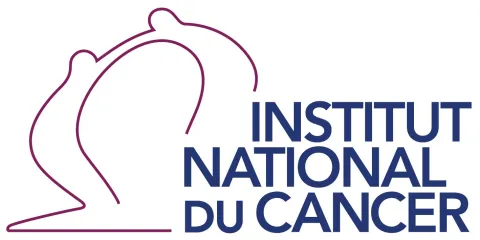

European co-host session: Towards greater mobilisation for cancers with a poor prognosis
Information
Organised by Institut National du Cancer (INCa) (France)
Moderated by Mary Gospodarowicz, former Medical Director of the Princess Margaret Cancer Centre, Past President of the Union for International Cancer Control (UICC)
Presentations:
1. Session introduction
Mary Gospodarowicz, former Medical Director of the Princess Margaret Cancer Centre, Past President of the Union for International Cancer Control (UICC)
2. Presentations:
- Thierry Breton, Director General, INCa (France)
- Dorothy Keefe, CEO, Cancer Australia (Australia)
- André Carvalho, Senior Scientist, Screening Group, Early Detection & Prevention Section, Agency for Research on Cancer (IARC) (France)
- Craig Earle, CEO of the Canadian Partnership Against Cancer
- Andreas Charalambous, President, European Cancer Organisation
3. Q&A
Description:
Despite the progress made in the treatment of many cancers, some still have a poor prognosis, either because of their initial location, their subtype or their resistance. Poor prognosis cancer is defined as cancer whose survival rate at the time of cancer discovery is considered to be below 33% after five years. For some, the incidence is increasing. Our efforts to significantly improve survival for this type of cancer must be strengthened.
This requires, first of all, greater mobilisation of research on cancers with a poor prognosis, making it possible to better understand these cancers and their ecosystem, and to offer therapeutic solutions to the most critical situations. The low survival rate of poor prognosis cancers is also mainly due to the time at which detection occurs. The delay in detection until later stages of the disease, aggressive and rapid progression, and resistance to treatment considerably lower the survival rates of poor prognosis cancers.
New approaches must be developed for these cancers, both to speed up diagnostic and therapeutic pathways and for early access to innovative treatments. It is particularly crucial to design new treatment modalities for these cancers, the development of which will be fuelled by discoveries in basic science, and to develop other combinations of treatment modalities.
This session will present the challenges and solutions to accelerate progress on poor prognosis cancers, calling for greater mobilisation of international partners.
Speakers






